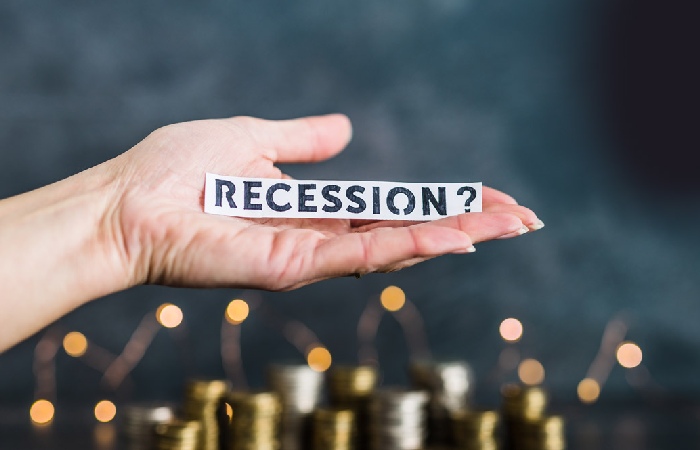Across the globe, many of us are dealing with difficult economic times as countries try to manage the recovery from the pandemic and other socioeconomic issues. This has a knock-on effect on the stock market, and the way investors decide to trade. Whilst it is more difficult to predict the outcome of your investments in a recession, there are a few simple ways that you can invest responsibly – for example, using investment insights to make informed decisions and choosing stocks that can thrive no matter the economy. Read on to find out more about investing in a recession.

Why invest?
Investing is a good way of making your hard-earned savings work for you – it can be more fruitful than leaving your money in a savings account for years, not making any interest or growing. You can watch your savings increase, and when investing in the right places, you may even make enough to make an income – however, this is usually something that only the most experienced investors can pull off.
While investing is a good idea for savings that you have time to grow over several years, it comes with various risks that you need to be aware of. The market can dip. This means that you can lose money on your savings, as well as grow it. You should make informed decisions when it comes to where to invest so that you can minimise the risk of losing your hard-earned cash.
When should you invest?
So, with this in mind, when is the best time to invest? Before you think about investing your money into stocks, bonds or indexes, there are a few factors to weigh up to ensure that you’re not making the wrong decision that could have an impact on your money, such as:
- Savings: Think about your savings before you invest. Do you have plenty of emergency savings to fall back on if you find yourself faced with an emergency? Your savings should cover at least 3 months of living costs. Make sure you have at least that much to work with before you begin investing.
- Long-term returns: Think about why you’re investing. When you’re in a recession, investing can be a risk, so taking the long-term route, rather than investing for the short term is advantageous, so your money can ride out the dips and peaks.
How to invest in a recession
If you’re thinking about investing in the current market, there are a few things to consider to help you invest in a recession. Read on as we take a look at some tips to help you get started in a rocky economy.
Individual stocks
Whilst index funds are a great way of spreading your risk and investing a few companies that may or may not do well in a recession, some of us simply prefer to invest in individual stocks. The best way to choose an individual stock is to focus on quality. Choose a company that is less likely to be affected by a dip in the market. For example, health and grocery stores are more likely to survive an economic downturn than others.
Avoid day trading
The way modern investing works, on apps and platforms, can make it easier and more appealing to take part in day trading. This is investing money in a more volatile stock to see a short-term return. This strategy is always risky, but even more so in a recession. You should never invest a lot of money in day trading, especially if you’re not willing to lose it.
Don’t panic
When investing in a recession, there will be peaks and troughs when it comes to how much your money is making. But you shouldn’t panic. Panicking and selling your stocks will land you in a worse position than you’d be in if you simply carried on riding out the changes in the market. Don’t let your emotions get the better of you! Stick to your long-term plan and you can recover the money lost.





